All Stories
-
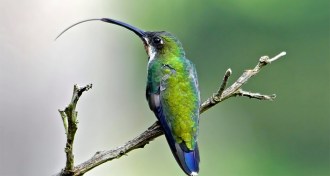 Animals
AnimalsHummingbird tongues may work like micropumps
Hummingbird tongues work as elastic micropumps instead of simple thin tubes, researchers say in latest round of a scientific debate.
By Susan Milius -
 Health & Medicine
Health & MedicineStudy finds early signs of bookishness in a child’s brain
Children from book-friendly homes show higher brain activity when they hear a story, but there’s more to learn about how reading affects growing brains.
-
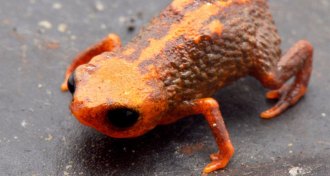 Animals
AnimalsAnother tiny frog species found in sky islands of Brazil
Another new species of miniature frog has been discovered amongst the leaf litter in the high cloud forests of southern Brazil.
-
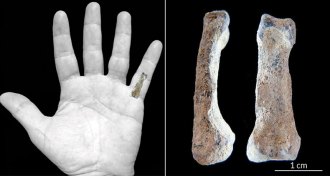 Anthropology
AnthropologyOldest humanlike hand bone discovered
Found at Tanzania’s Olduvai Gorge, pinkie bone is 1.84 million years old.
By Bruce Bower -
 Health & Medicine
Health & MedicineTeen e-cig users more likely to smoke tobacco
E-cigarette use is linked to later tobacco use in teens.
By Meghan Rosen -
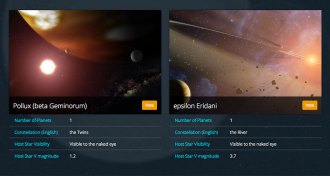 Astronomy
AstronomyChoose Ninja, Cervantes or Rosalind as names for exoplanets
Names for 20 exoplanets are in the hands of a discerning online audience.
-
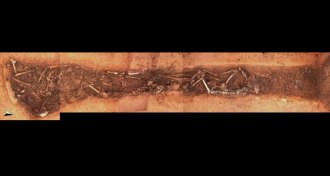 Anthropology
AnthropologyBones revive a 7,000-year-old massacre
Bones suggest Central Europe’s first farmers had an extremely violent streak.
By Bruce Bower -
 Physics
PhysicsQuest for room-temperature superconductivity warms up
Scientists have demonstrated that a material can conduct electrical current without resistance at temperatures as high as –70° Celsius.
By Andrew Grant -
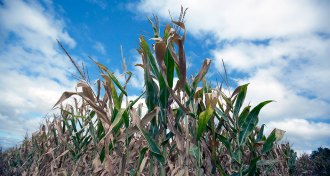 Climate
ClimateCarbon cuts could save U.S. farmers billions of dollars
Reducing carbon emissions could save U.S. agriculture industry billions of dollars annually by curtailing droughts.
-
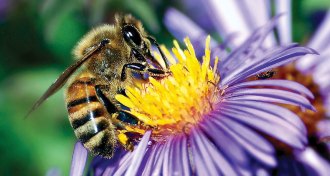 Microbes
MicrobesBacteria in flowers may boost honeybees’ healthy gut microbes
Honeybees may deliver doses of probiotics to the hive to help feed baby bees’ microbiome.
By Beth Mole -
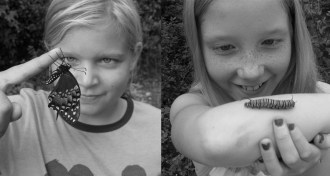 Chemistry
ChemistryThree kids’ science books offer fun, fascinating experiments
No matter what interests kids, there’s a do-it-yourself science book for them. Here are three with entertaining and educational options.
-
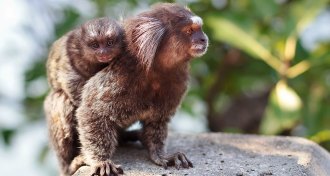 Psychology
PsychologyBaby marmosets imitate parents’ sounds
Vocal learning may work similarly in marmoset monkeys, songbirds and humans.
By Bruce Bower